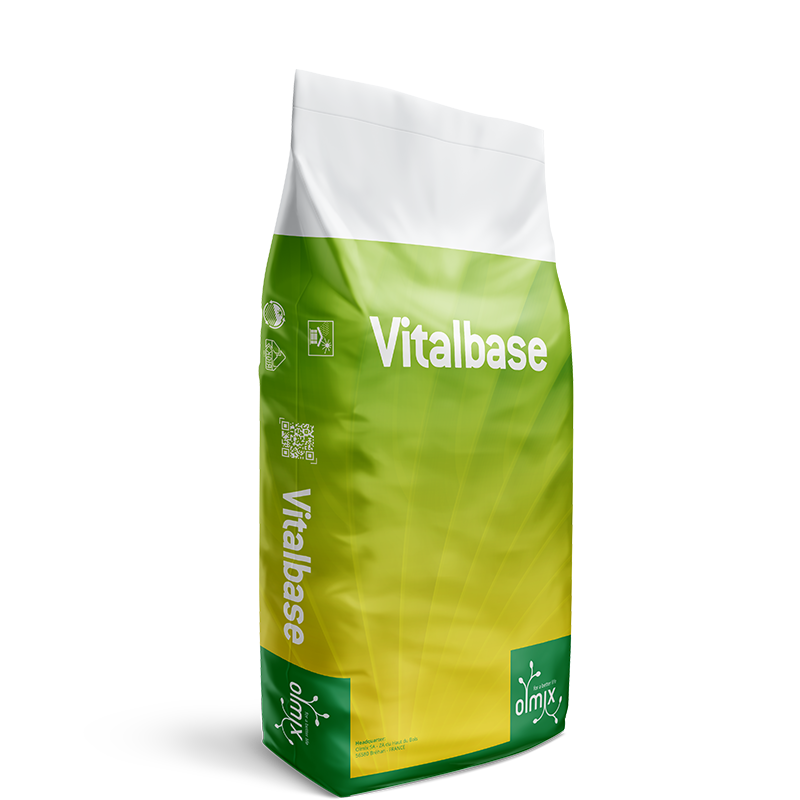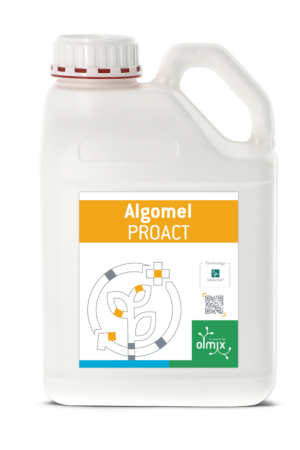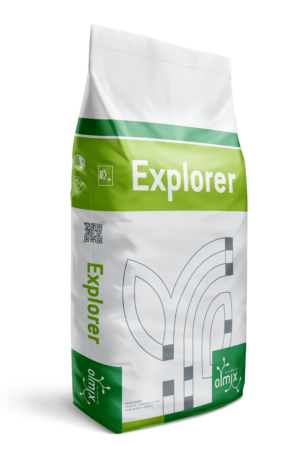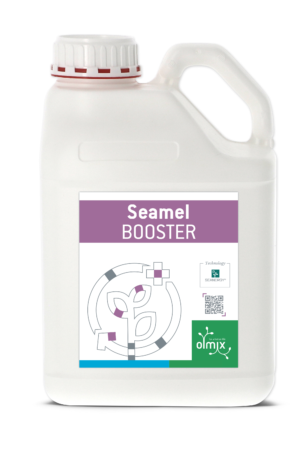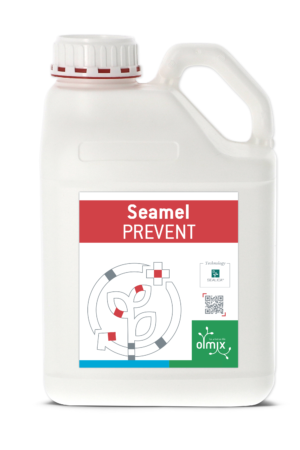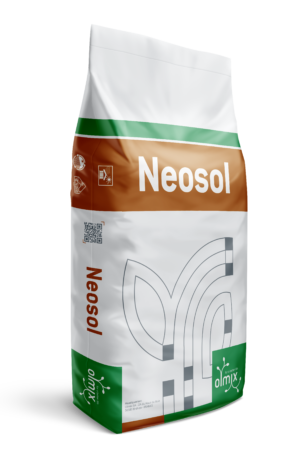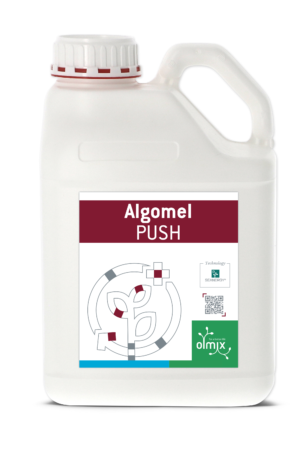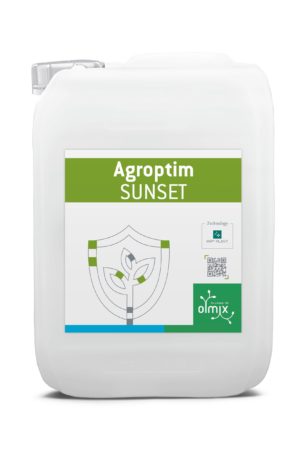Description
Benefits
Supply of nutrients NPK (4.3-3-2) and trace elements (Fe, Mn, Zn)
Enhancement of soil biological activity
Challenge
The limits of mineral fertilization
Poor management of mineral fertilization can lead to soil and water pollution, particularly through nitrate and phosphate leaching, and can disrupt ecosystems. Excessive use of mineral fertilizers depletes soil microbial biodiversity and contributes to greenhouse gas emissions, especially nitrous oxide. Moreover, mineral fertilization depends on nonrenewable resources such as phosphate and natural gas.
Solution
A natural fertilizer for sustainable fertilization
Derived from renewable materials and promoting the circular economy, Vitalbase gradually releases its nutrients, thereby reducing losses through leaching. Its organic component encourages rich microbial life in the soil, improving both structure and fertility. By naturally enriching soils while reducing pollution risks, Vitalbase respects the environment and supports more sustainable plant production.
Dosage:
– For maintenance: 30 to 40 g/m² every 3 to 5 months
– At seeding or planting: 300 to 400 kg/ha
The number of applications should be adjusted according to the plant’s needs
Packaging: 20 kg bag (1000 kg pallet), Big bag 500 kg
Compliance with organic farming regulations: European regulations EU 2018/848 and 2021/1165
